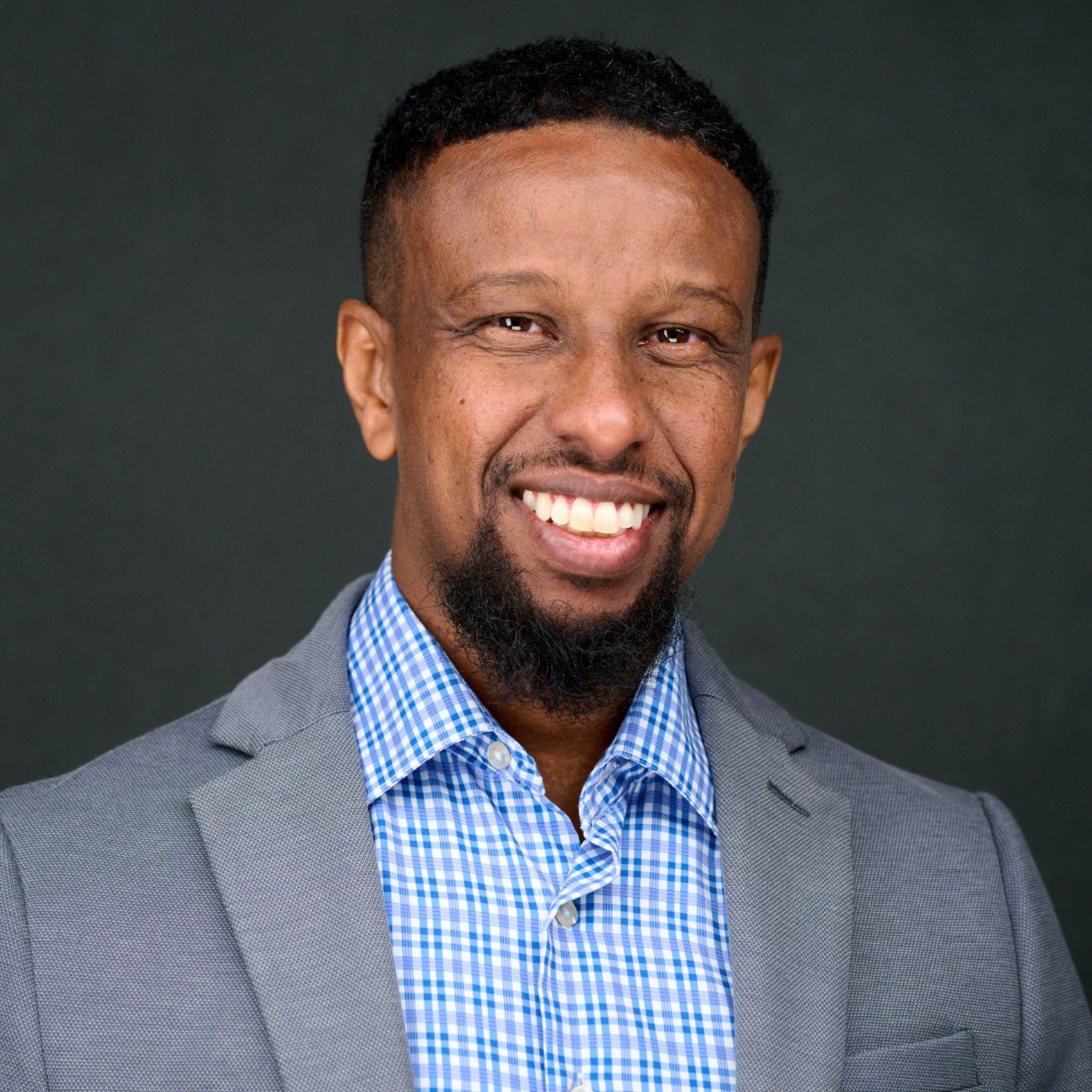Workshop | Between Cultures: Navigating Identity and Inclusion in a Globalizing Workforce
As public institutions work to equitably serve increasingly diverse communities, the lived experiences of individuals who grow up between cultures offer critical insights into inclusion, identity, and intercultural engagement. This session introduces the concept of Third Culture Kids (TCKs) - those who spend significant developmental years in a culture different from their parents’ or home culture - and expands it to include multicultural, transnational, refugee, and globally mobile populations often encountered in public sector settings.
Originally conceptualized by sociologists Ruth and John Useem, the TCK framework highlights how these individuals develop strong cross-cultural competencies but may also face complex challenges with identity, belonging, and institutional fit. Today, the "between cultures" experience is increasingly relevant - not just for expatriates, but also for international students, immigrant youth, transracial adoptees, and global professionals.
Ismail Jirde Warsame
Senior Risk Analyst at Port of Portland
He/Him
Ismail Warsame is a seasoned leader with over a decade of experience in Diversity, Equity, and Inclusion (DEI), community engagement, and cross-cultural training. Originally from Somalia, Ismail’s personal journey - from war refugee to global citizen - has taken him across more than a dozen countries and 30 U.S. states. Since 2010, he has made impactful contributions in higher education and now brings that global perspective to his current work in Risk Management within the Aviation and Marine Transportation industry.
Ismail holds both a B.A. and a graduate degree from the University of Maine, including international study in Cairo, Egypt. He is the founder of Global Insights Collective and a frequent presenter on global citizenship, Third Culture Kids, and inclusive institutional practices. His passion lies in bridging cultural divides and helping organizations create environments where all individuals feel seen, valued, and included.

